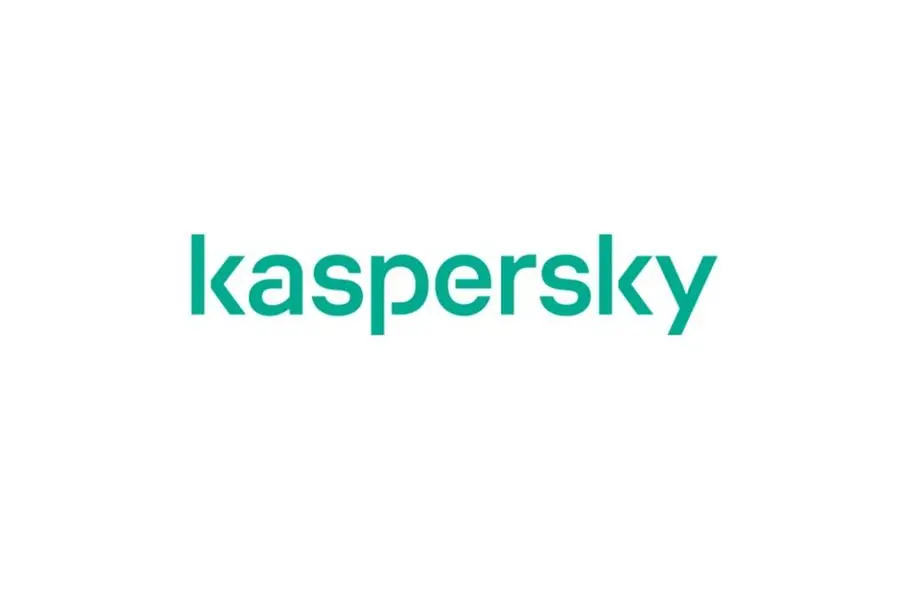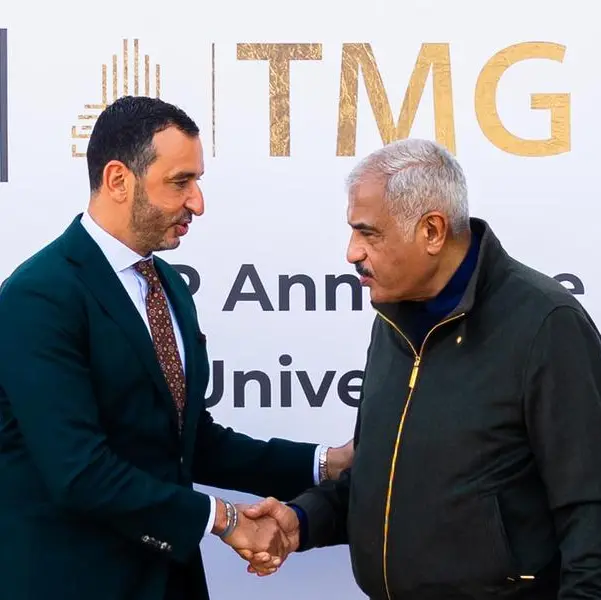PHOTO
Kaspersky presented an updated operating system for thin clients that offers enhanced connectivity, higher speed of applications delivery, lower total cost of ownership, user-friendly graphical interface and quick deployment. It is the main component of the Cyber Immune solution for building thin client infrastructure in a wide range of industries, including healthcare, finance, education and manufacturing. Kaspersky Thin Client 2.0 is available in the Middle East through a Memorandum of Understanding (MoU) with SCOPE Middle East.
Thin client is a compact endpoint that provides users with access to a remote desktop and serves as a substitute for a local workstation. According to Verified Market Research, the thin client market was valued at $1.18 billion in 2020 and is expected to reach $1.36 billion by 2028. To meet this demand Kaspersky has been developing its functional thin client infrastructure built on KasperskyOS for secure connection to remote desktop. Today the company introduced its new version with updated capabilities.
Kaspersky Thin Client 2.0 (KTC 2.0) is developed in accordance with the Cyber Immune approach – that ensures it is secure by design. Even in hostile environments, KTC 2.0 can perform its critical functions, as KasperskyOS eliminates the possibility of device compromise. With the Cyber Immune architecture, there is no need for additional security software or managing protection tools, that results in a lower total cost of ownership of the product.
Preinstalled on the Centerm F620 hardware platform, KTC 2.0 is distributed as a ready-made endpoint device, that is the result of the OEM contract, signed between Kaspersky and Centerm, the world’s leading thin client manufacturer.
KTC 2.0 functionality has been significantly updated in the fields of connectivity, performance and usability.
Enhanced connectivity
Kaspersky Thin Client 2.0 offers new remote connection methods. The Web Access application allows users to connect to remote environments deployed on Citrix Workspace platform and VMware Horizon infrastructure using HTML5 technology. Also, KTC 2.0 supports connection to individual business applications that are deployed on Microsoft Remote Desktop Services infrastructure, Windows Server and terminal servers running on Windows 10/11.
Better performance
Performance improvements feature a higher speed of applications delivery to remote desktop, shorter boot time, and higher update speed thanks to the compact OS image size. The deployment time of KTC 2.0 through automatic connection is about two minutes.
Usability and design
Kaspersky Thin Client 2.0 has been improved in usability and got new features. The product now supports audio conferences and has a new function of printing documents from a guest operating system.
If the connection is unexpectedly interrupted, KTC 2.0 automatically reconnects to the remote desktop without requiring additional actions from the users. At the same time, the notification system is updated, and error messages provide useful information with troubleshooting tips. Additionally, the connection panel in the remote environment is redesigned, with new animated elements added in various scenarios, as well as the possibility of interface customization.
Kaspersky Thin Client 2.0 is designed for efficient protection of organizations with a large branch network and geographically distributed businesses. In particular, the product suits financial and healthcare structures, educational and governmental institutions, transport and industrial enterprises, smart city infrastructure, industrial automation industry.
Distribution in the Middle East
Kaspersky Thin Client 2.0 was launched at the Kaspersky Cyber Immunity Conference, together with the announcement of the first business partnerships built around the updated product. According to the Memorandum of Understanding, signed between Kaspersky and SCOPE Middle East, SCOPE Middle East will distribute Kaspersky Thin Client 2.0 in the UAE, Kingdom Saudi Arabia and Jordan.
"By joining forces with Kaspersky, SCOPE Middle East is fortifying digital defenses across the Middle East. Our partnership heralds a new era of cyber resilience, ensuring that businesses in the UAE, Saudi Arabia, and Jordan stand fortified against evolving threats. Together, we empower organizations with cutting-edge Cyber Immune solutions and comprehensive security management suite plug-ins, safeguarding their digital landscapes with unparalleled efficacy," said Fadi AbuEkab, CEO of SCOPE Middle East.
“Kaspersky Thin Client is a secure-by-design, easy-to-manage and affordable product, designed for industries that require advanced cyber resilience. Now it enables customers with even faster, more powerful, and more user-friendly protection. Thanks to the Centerm F620 hardware platform, Kaspersky offers the enhanced Thin Client as a ready-to-use endpoint device, providing new native integration with modern virtual desktop infrastructures. Bringing Cyber Immunity to the workplace industry, we strengthen Kaspersky product portfolio and take another step towards the Cyber Immunity era," said Andrey Suvorov, Head of KasperskyOS.
Kaspersky Thin Client 2.0 was officially presented at the first international Cyber Immunity Conference in Dubai.
To learn more about the product, visit the website
-Ends-
About Kaspersky
Kaspersky is a global cybersecurity and digital privacy company founded in 1997. With over a billion devices protected to date from emerging cyberthreats and targeted attacks, Kaspersky’s deep threat intelligence and security expertise is constantly transforming into innovative solutions and services to protect businesses, critical infrastructure, governments and consumers around the globe. The company’s comprehensive security portfolio includes leading endpoint protection, specialized security products and services, as well as Cyber Immune solutions to fight sophisticated and evolving digital threats. We help over 220,000 corporate clients protect what matters most to them. Learn more at www.kaspersky.com.




















